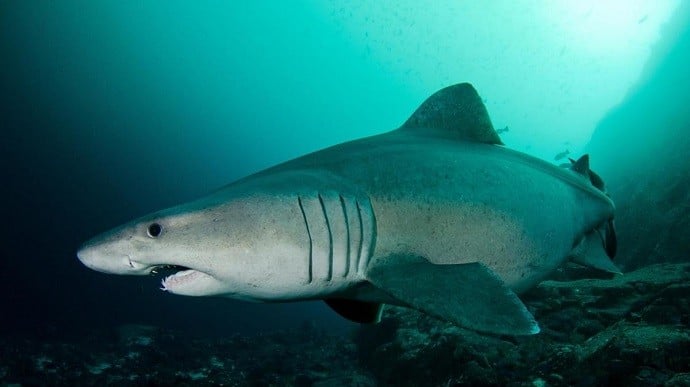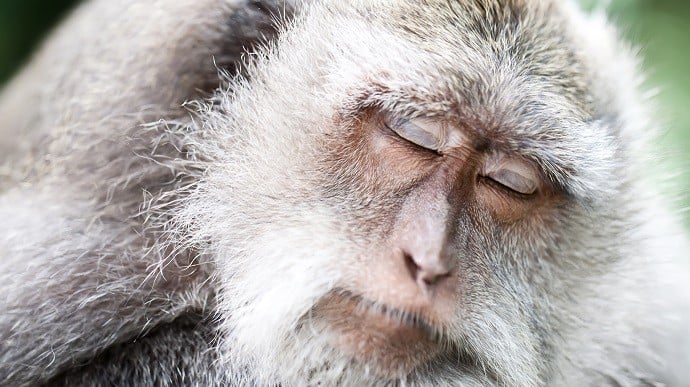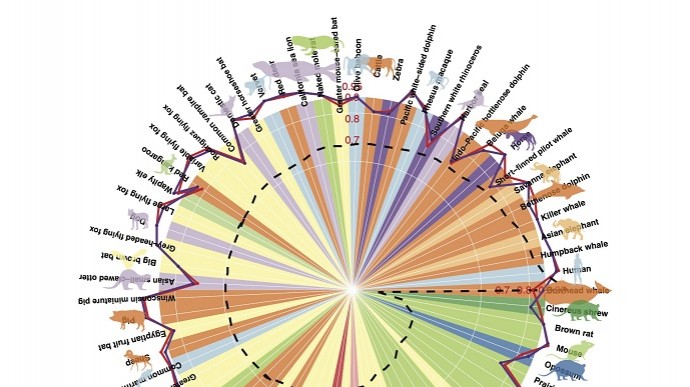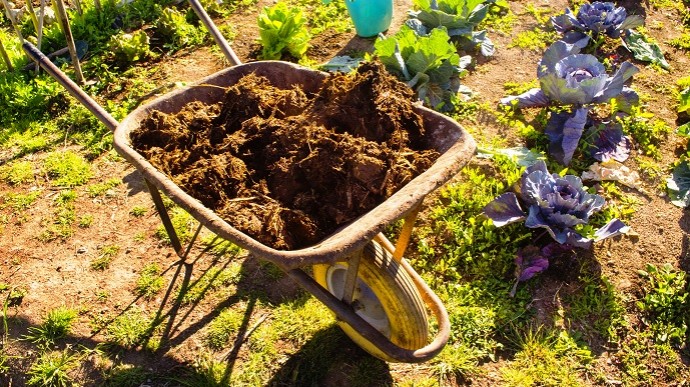 Story
Story
New research arising from a collaboration between scientists at the University of Pretoria (UP) and Trinity College Dublin has shown there are likely more warm-bodied sharks out there than previously thought.
 Story
Story
The quest for immortality has long fascinated humans, and inspired countless tales – now, in two new studies published in the journals Nature and Science, University of Pretoria (UP) researchers, along with a team of global experts known as the Mammalian Methylation Consortium, are a step closer to unmasking the secret of aging in mammals, thus raising important questions – and answers.
 Infographic
Infographic
This infographic explains how the universal pan-mammalian clock was developed to determine the age of mammals in the wild for conservation and the preservation of endangered species. The clock can be used in forensic science to estimate the correct age of a victim at the time of death or the age of a suspect based on forensic evidence.
 Photo
Photo
Aging has long been thought to be the result of random cellular damage or degradation over time, but this latest research shows that the epigenetic aspects of aging in fact follow a predetermined “programme”.
 Talking Point
Talking Point
Researchers at the University of Pretoria (UP) have been working to identify genes that make African women more susceptible to certain forms of breast cancer. However, this is no easy task as very little genomic information is known about African populations.
 Story
Story
University of Pretoria (UP) researchers lent their expertise to a recent study led by the University of KwaZulu-Natal and found that rural farmers in KwaZulu-Natal are open to buying and using compost made from human sewage as long as they can be sure that it is safe, affordable and works as well as other products on the market.
Copyright © University of Pretoria 2024. All rights reserved.
Get Social With Us
Download the UP Mobile App